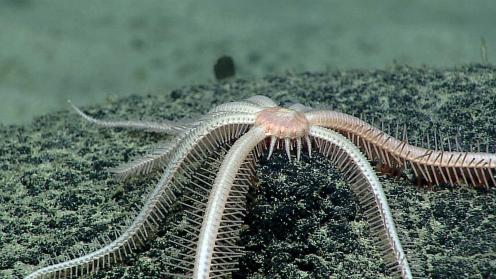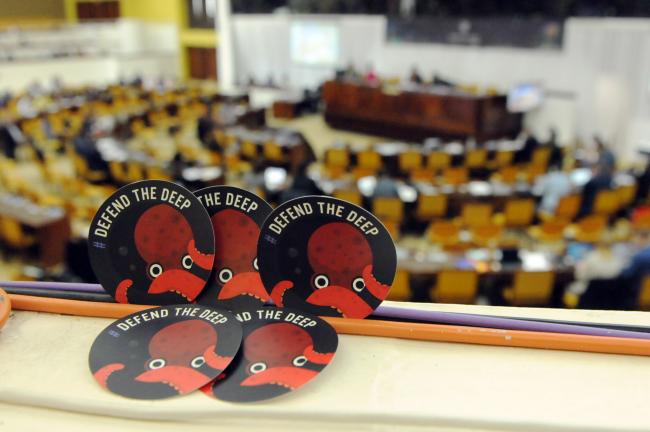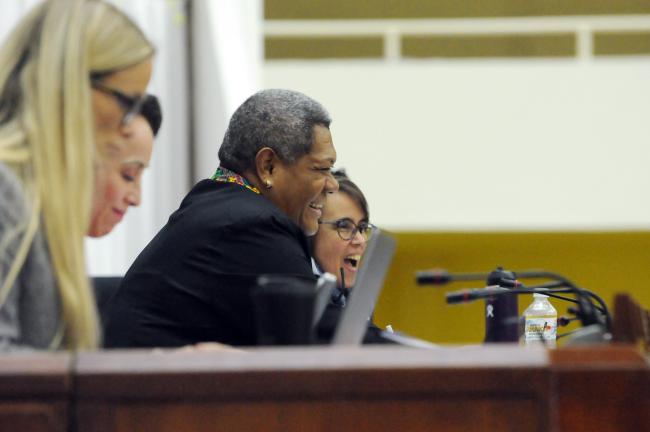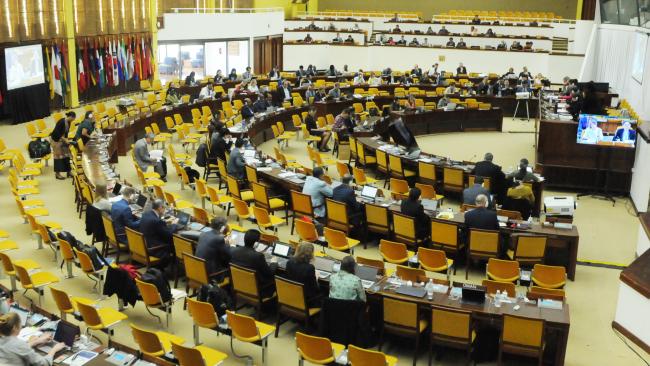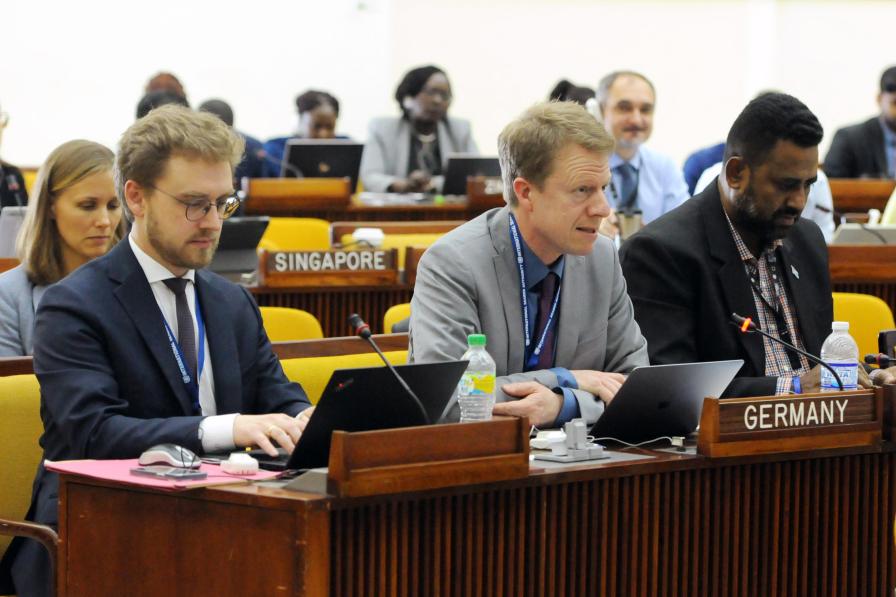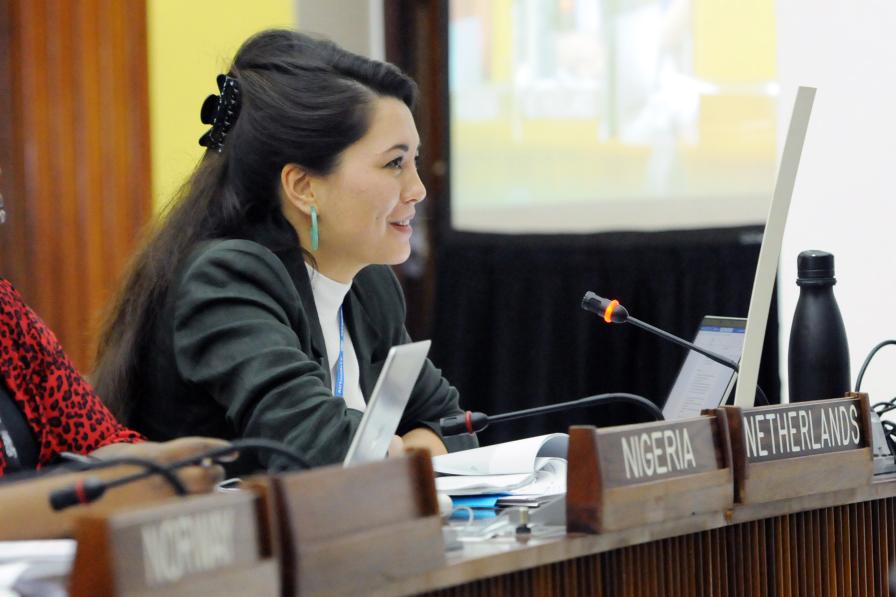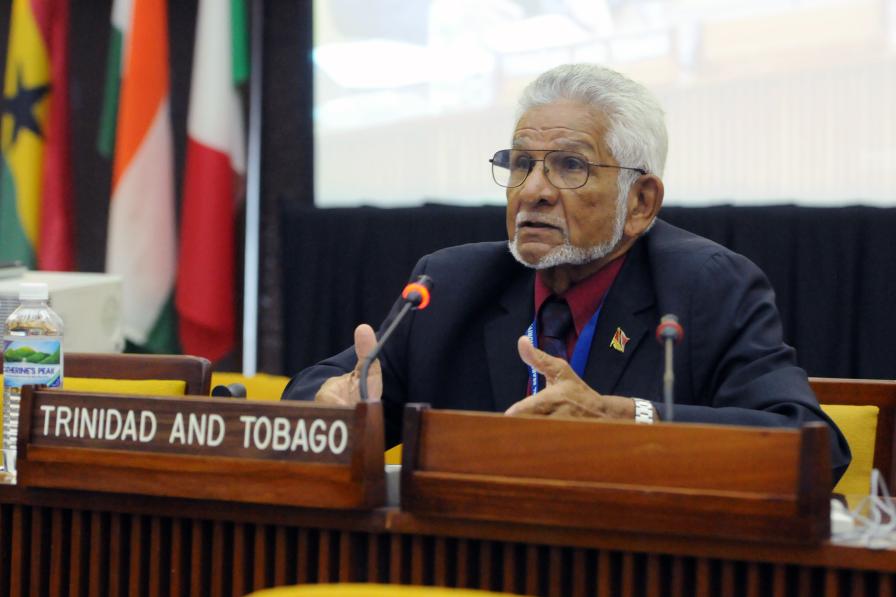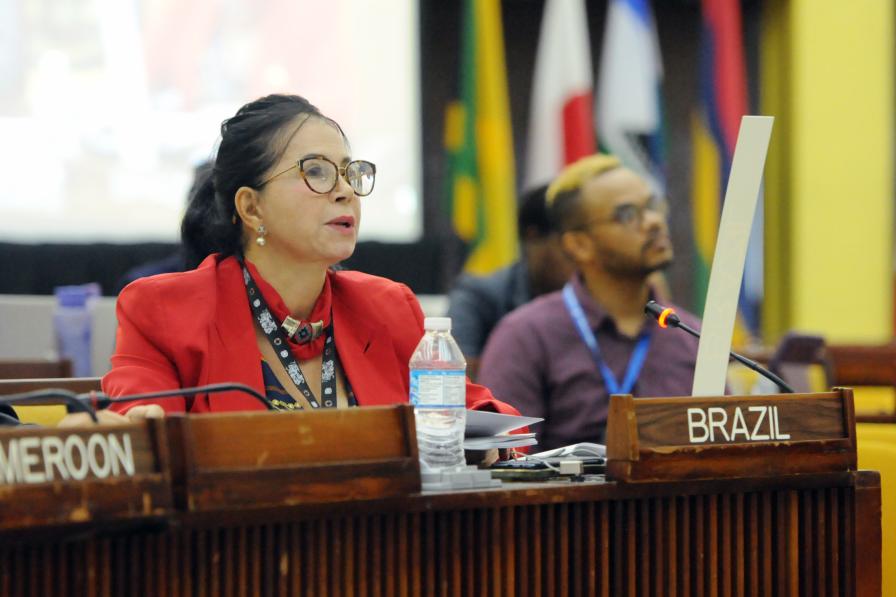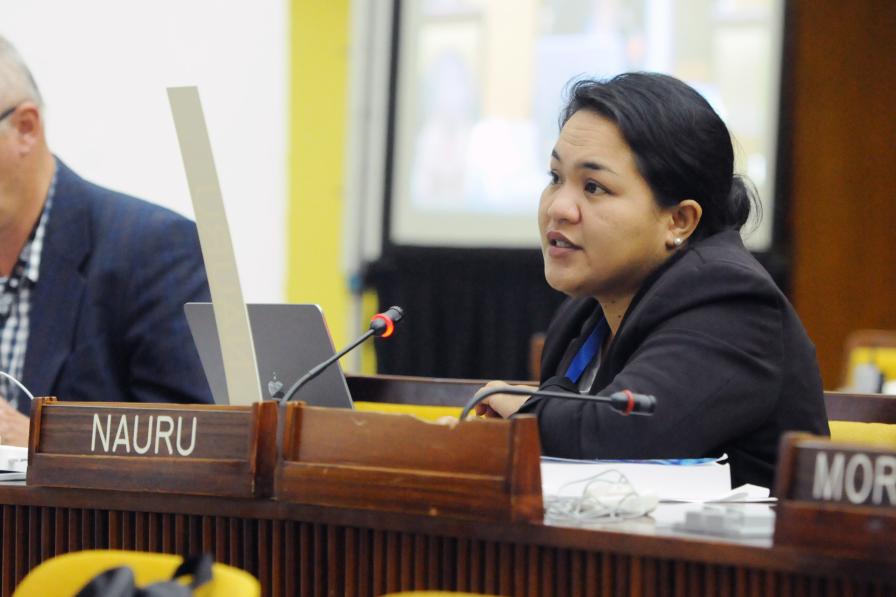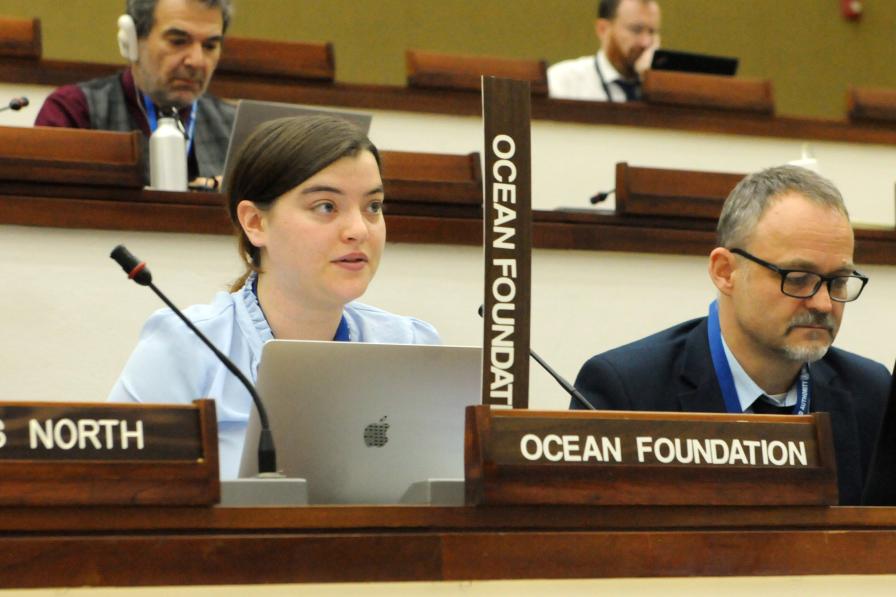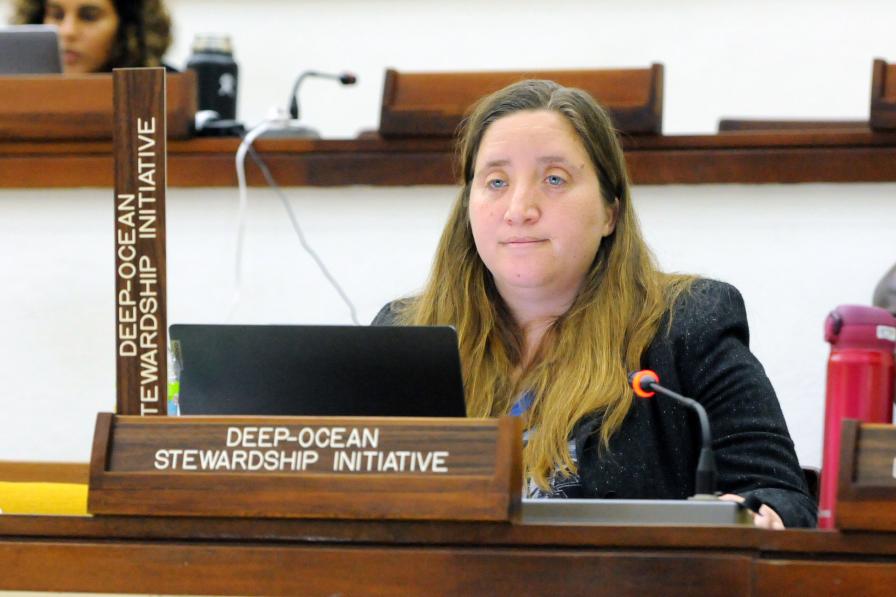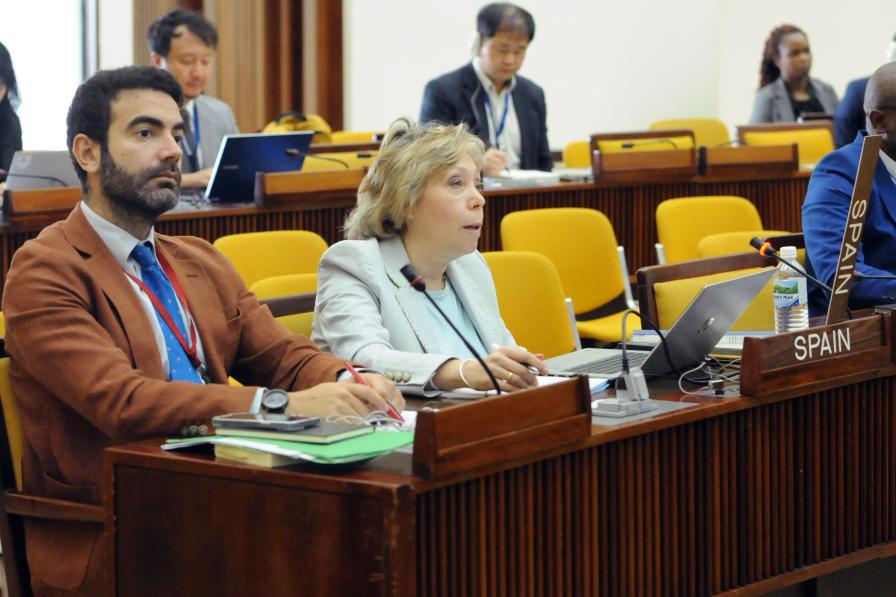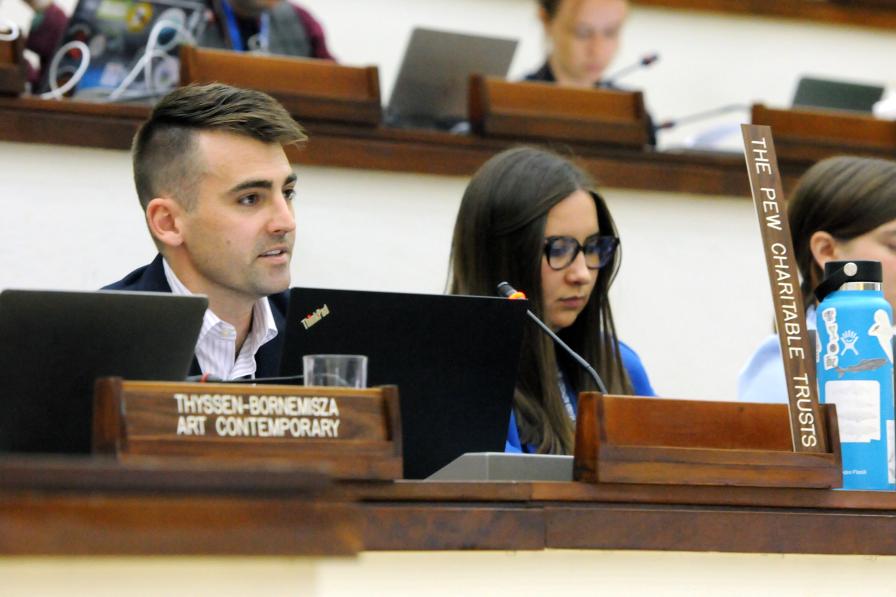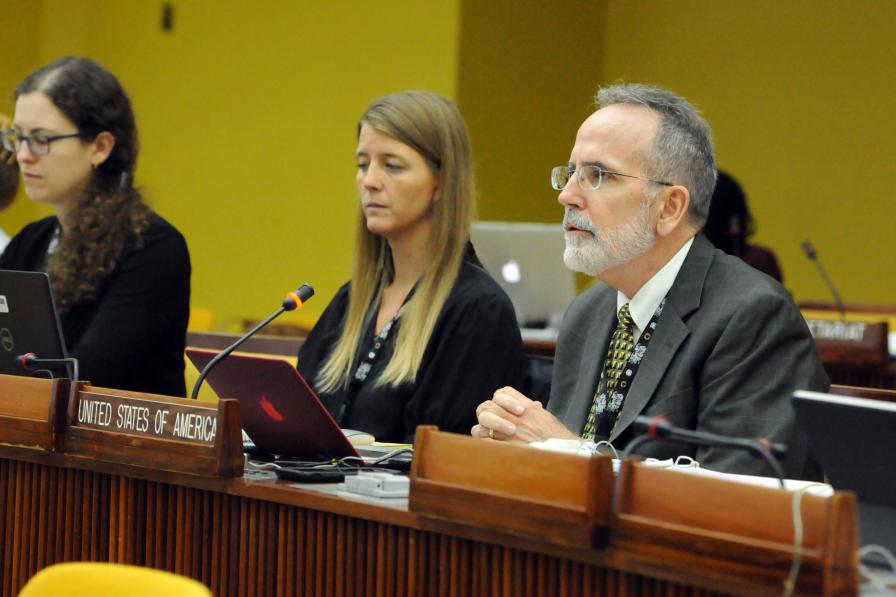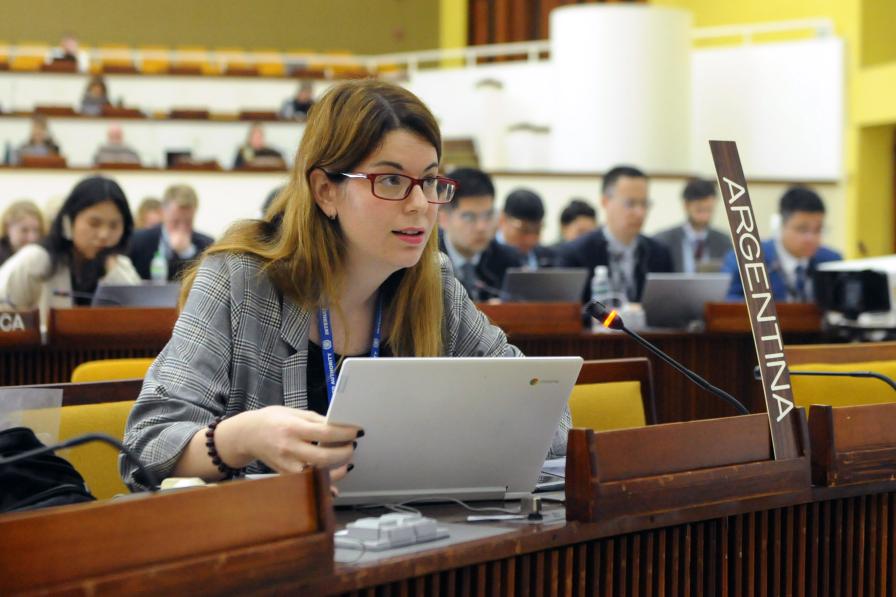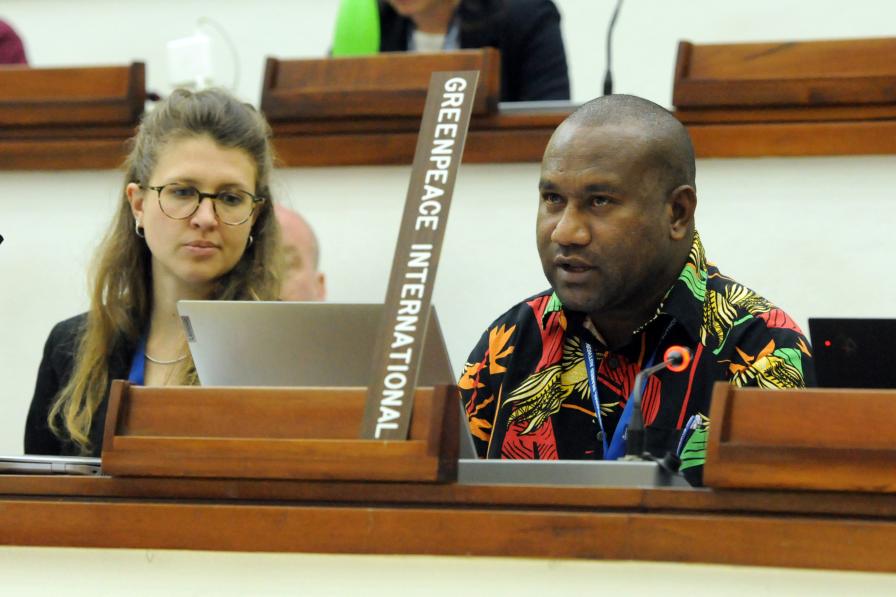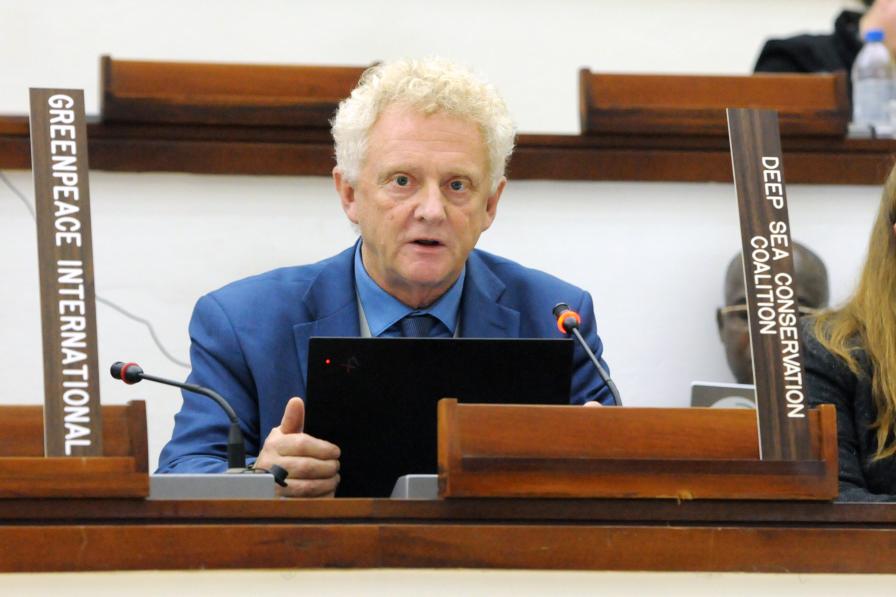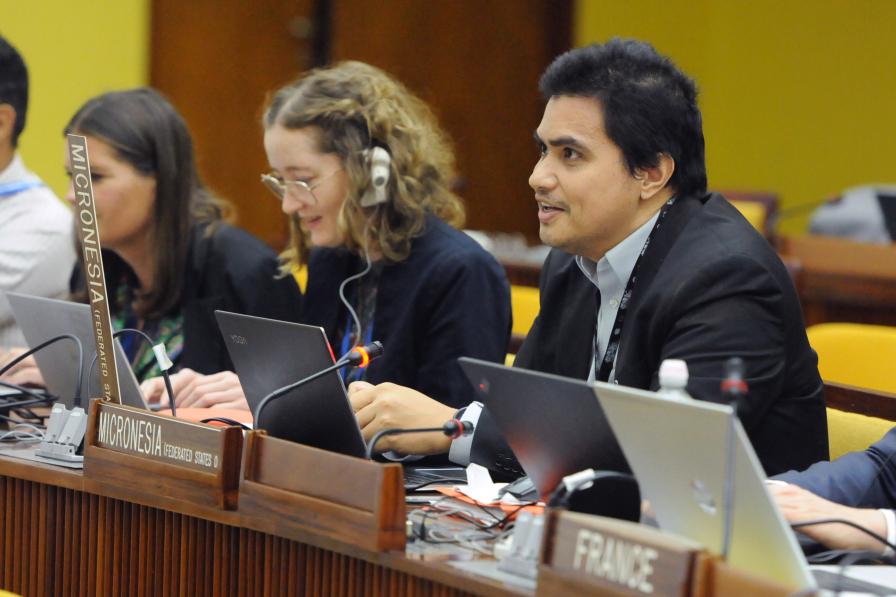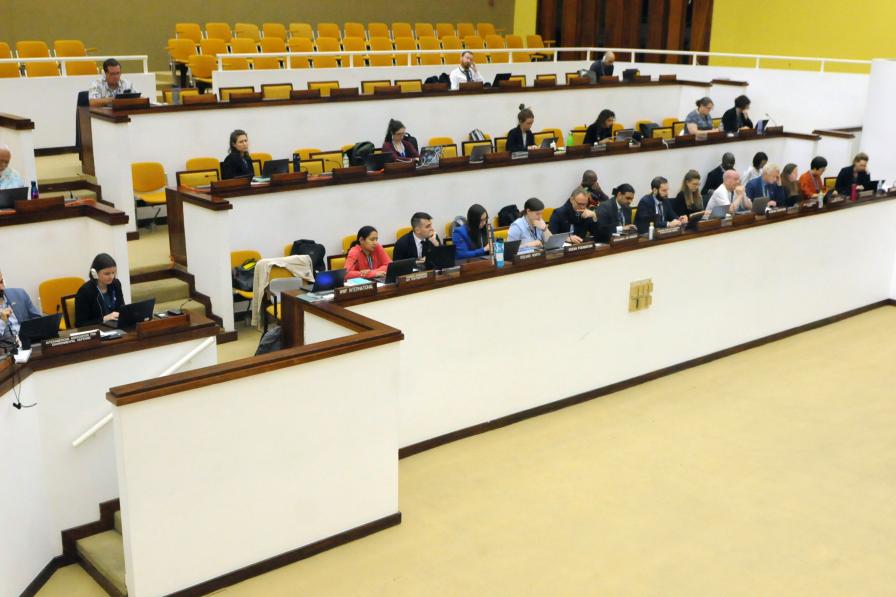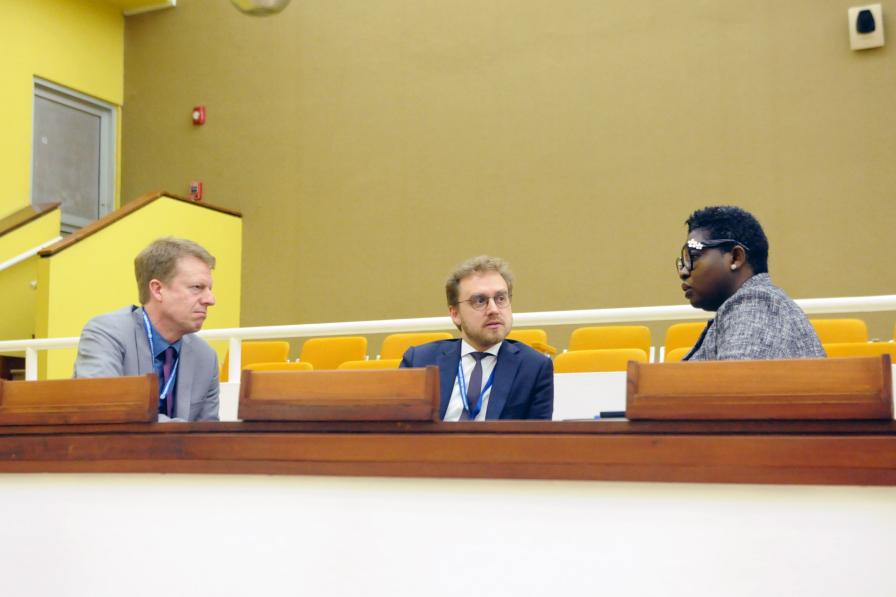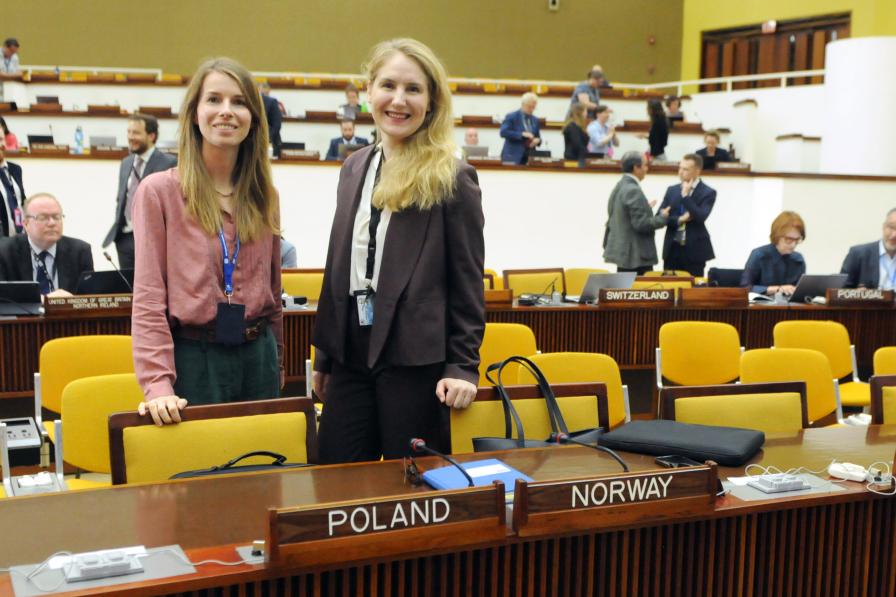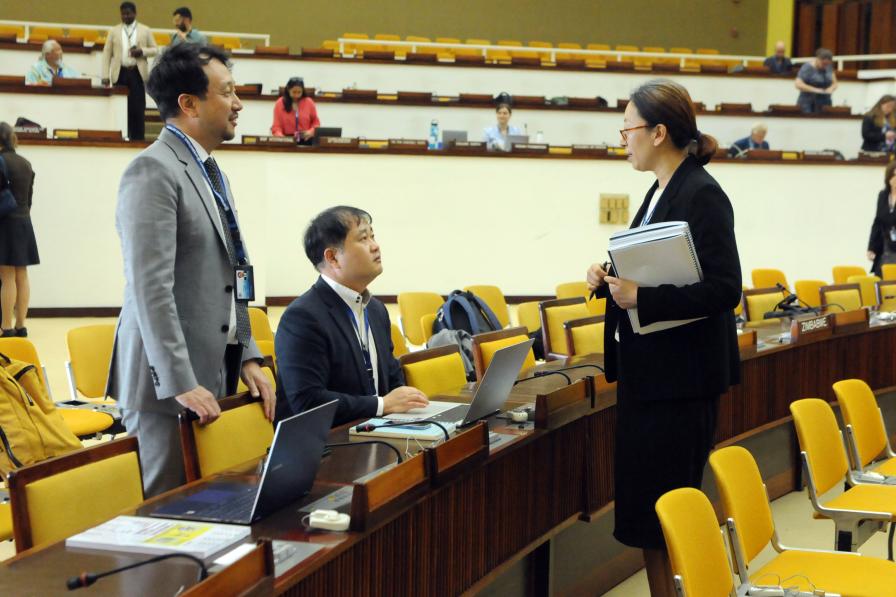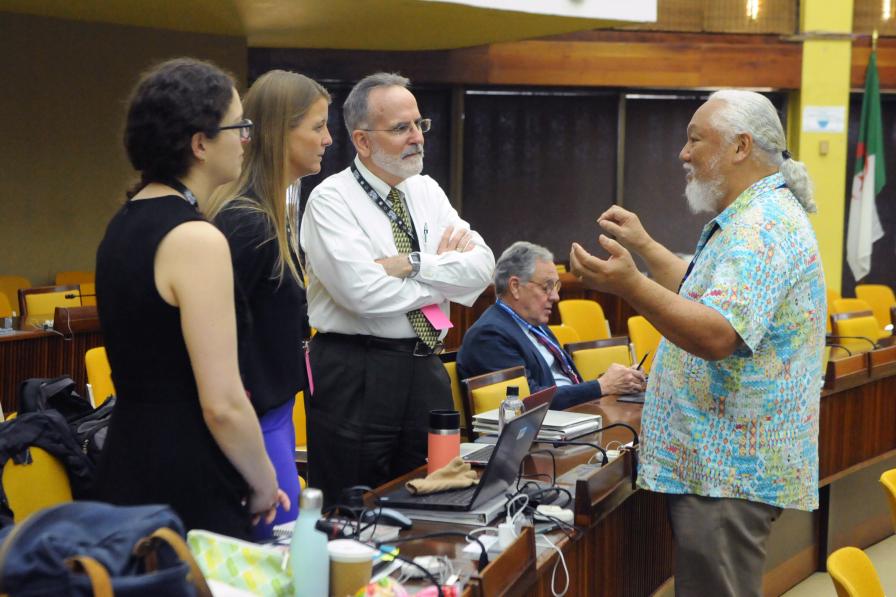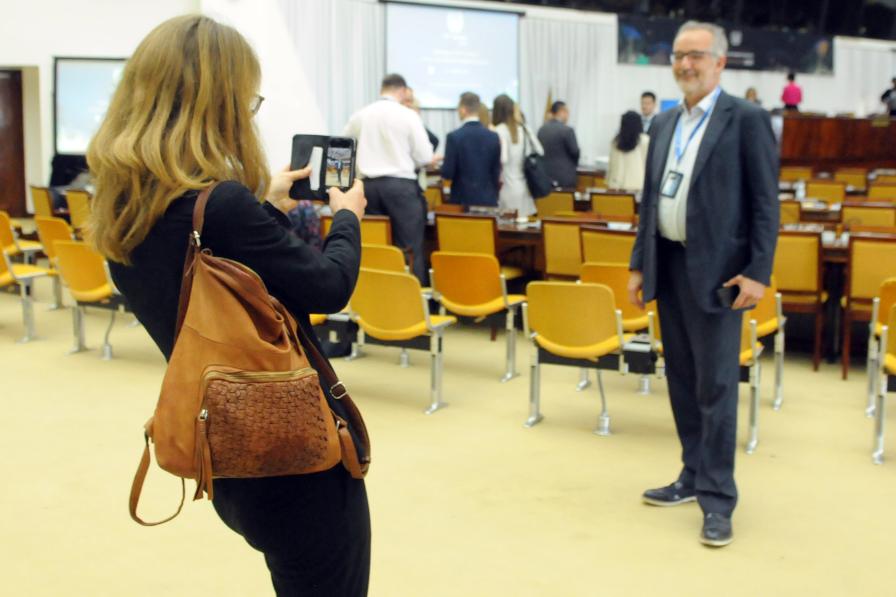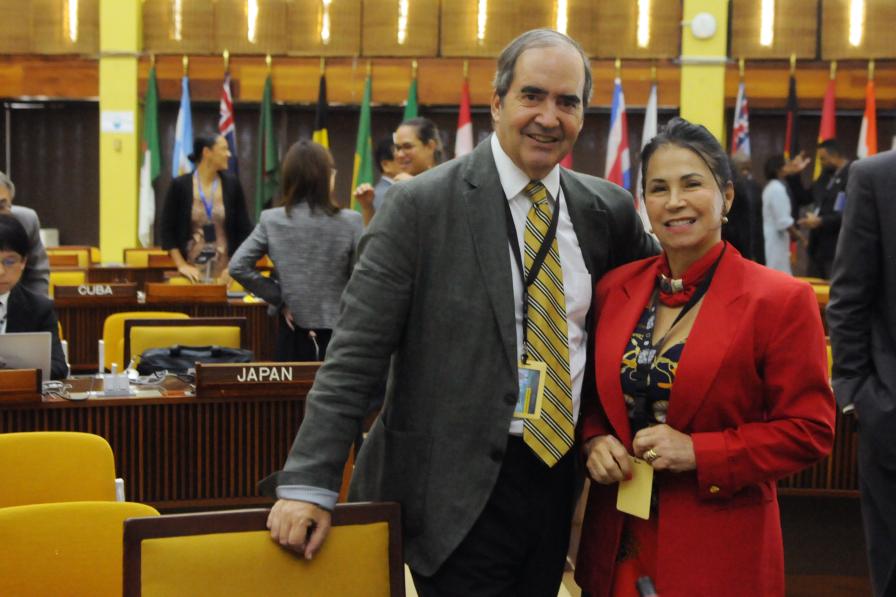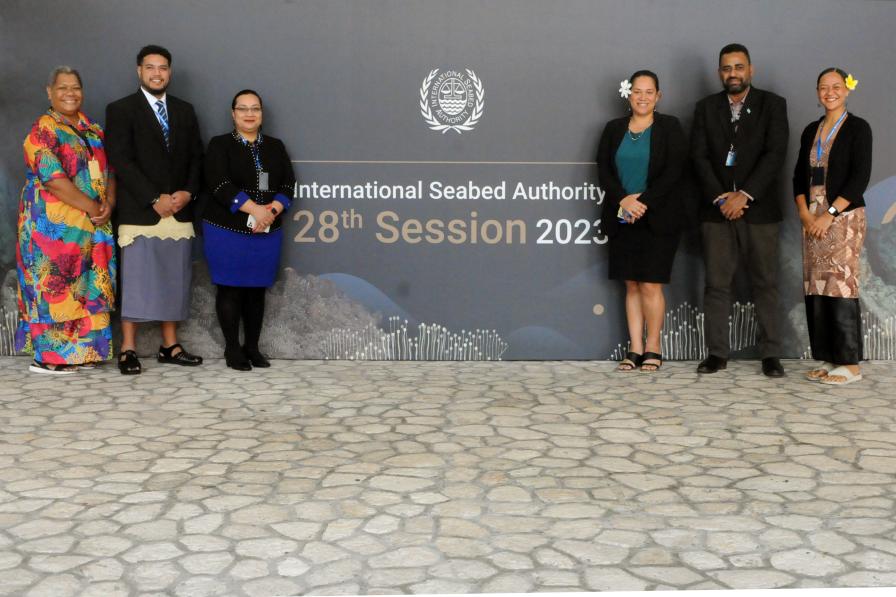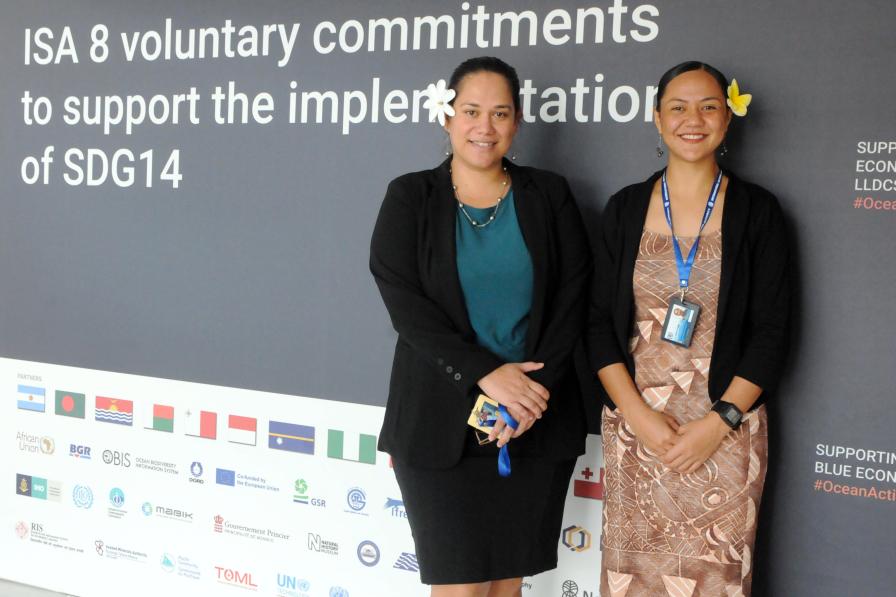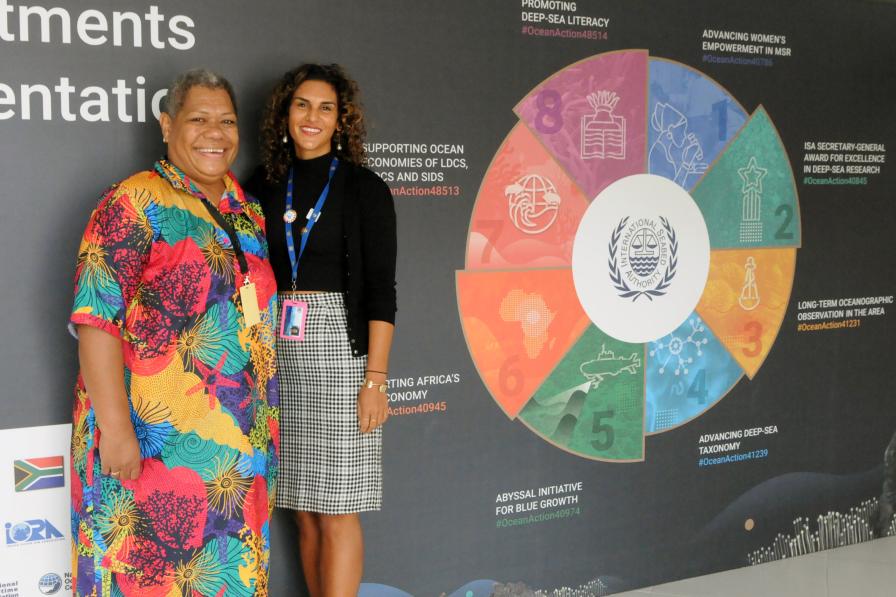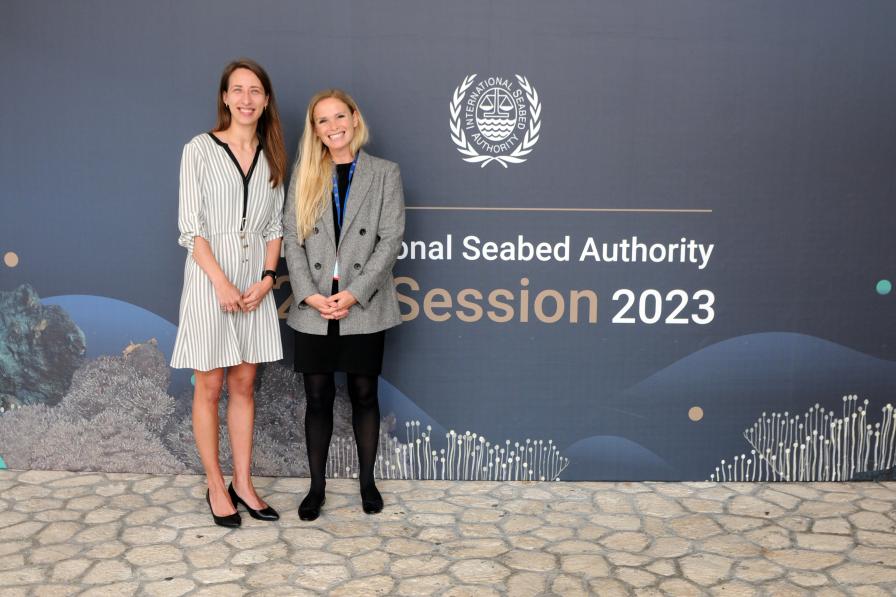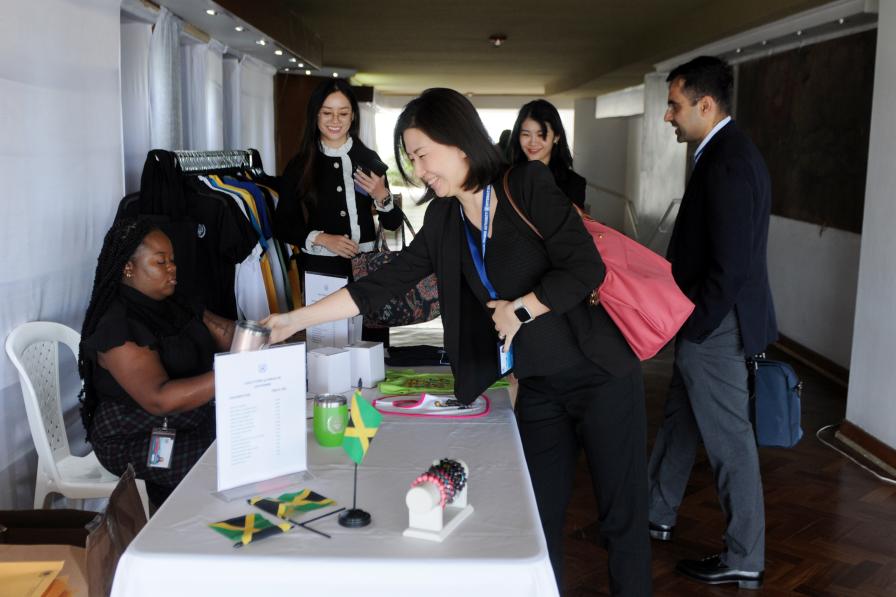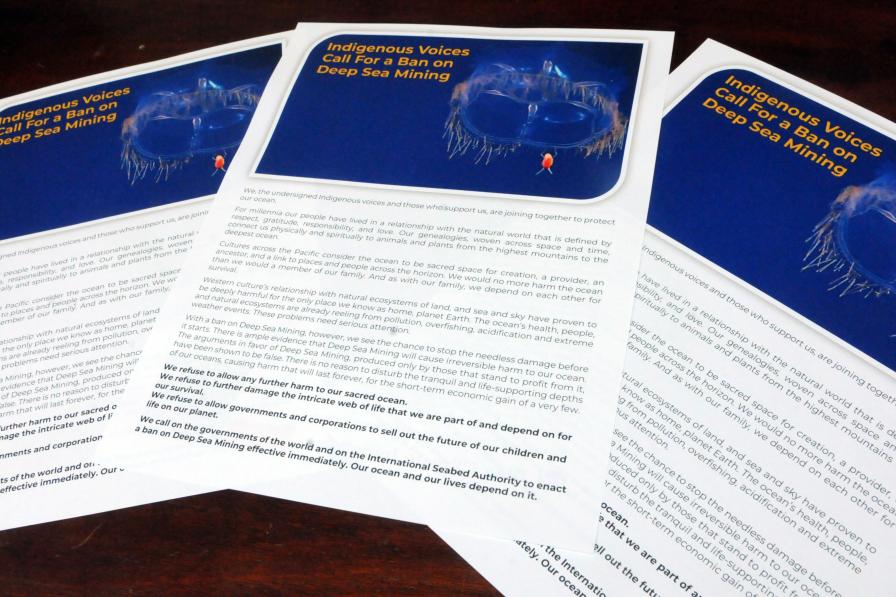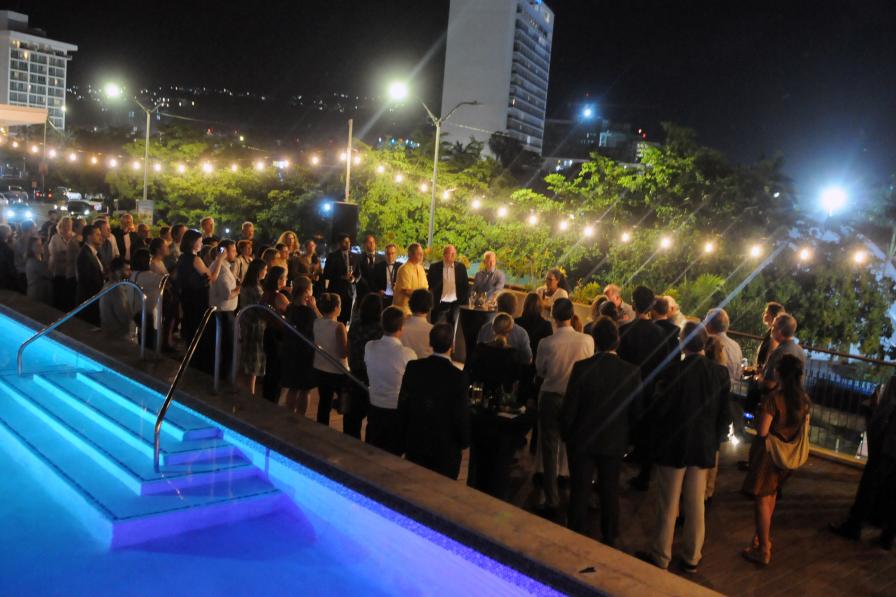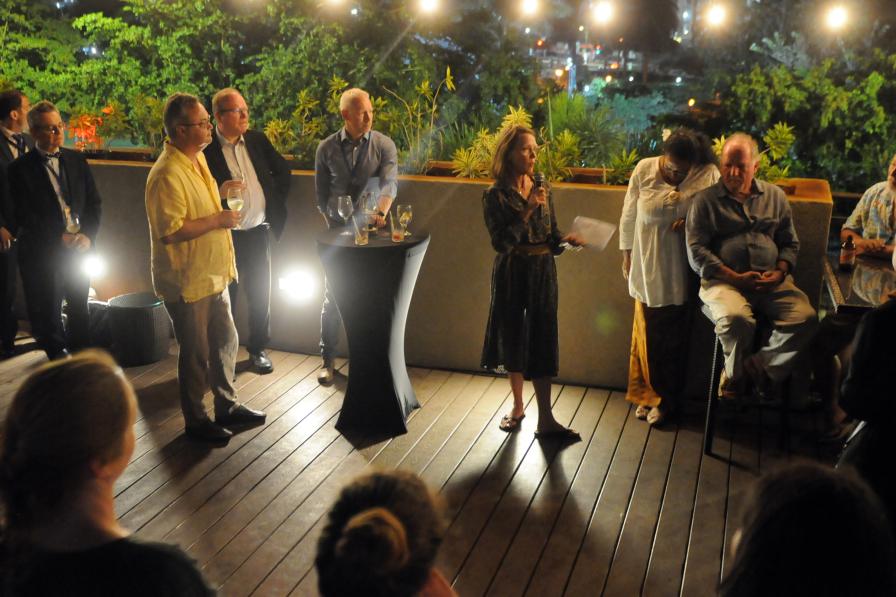On a dense day of negotiations, the Informal Working Group on the protection and preservation of the marine environment of the Council of the International Seabed Authority (ISA) continued its deliberations, addressing relevant draft exploitation regulations. The meeting was facilitated by Raijeli Taga (Fiji).
On conducting consultations during the environmental impact assessment (EIA) process, some suggested that adjacent coastal states should be consulted in addition to stakeholders. Some delegates suggested recording and addressing “substantive and relevant” stakeholder comments received rather than all comments. Others noted that all comments should be made publicly available, while responding to substantive ones. A number of delegates emphasized that conducting EIAs is the responsibility of contractors. An informal working group will focus on restructuring this part of the draft regulations.
On EIA scoping, many noted that scoping is a stage of the overall EIA process and not an alternative to it. Some delegations stressed that the regulation is too detailed and suggested reflecting details in related standards and guidelines.
Regarding environmental monitoring, many delegates expressed preference for using environmental thresholds rather than metrics when referring to the effects arising from exploitation. Many delegations queried the need and rationale for having a monitoring programme for at least the first seven years of exploitation conducted by independent experts. Others support its inclusion, suggesting clarifying that it refers to additional to the monitoring conducted by the contractor throughout the mining exploitation.
On the environmental impact statement, many noted the need to streamline the text, possibly incorporating it in the EIA section. Observers called for full public participation, and underscored the need for free, prior, and informed consent of Indigenous Peoples and local communities.
On underwater cultural heritage, some delegates expressed concern that the draft regulation implies that the contractor will need to purposefully investigate whether such heritage exists, suggesting developing a relevant guideline. Observers noted that cultural heritage includes intangible connections that should be covered. An informal group will work on the issue.
On competent independent experts reviewing predictive models used to inform EIAs, opinions diverged with some delegates noting this is under the purview of the Legal and Technical Commission (LTC), while others underscored that additional expertise may be needed to complement the role of the LTC.
On the environmental management and monitoring plan, discussions focused on the need for a supplementary monitoring programme conducted by independent experts. Some delegates welcomed references to preservation reference zones and impact reference zones. Observers expressed concerns regarding the contractors’ responsibility for preparing the plan.
On test mining, delegates addressed two options. The first suggests that contractors shall conduct a test mining study as a part of an exploration or exploitation contract before the commencement of commercial production. The second notes that such a study shall be conducted prior to submitting an application for an exploitation work plan. Many supported the second option as a starting point for further work. Some underscored the need to ensure that any test mining should be effectively regulated and subject to an EIA. A few delegates noted that the scale for test mining should be further discussed. An informal group will further address test mining intersessionally.
Many delegations highlighted the importance of the draft regulation on pollution control with different views on whether explicit references to marine litter and underwater noise should be included. Further discussion will be needed on the restriction of mining discharges, with some delegations requesting the reintroduction of reference to the London Convention and Protocol on the Prevention of Marine Pollution by Dumping Wastes and Other Matters.
On the compliance with the environmental management and monitoring plan, many delegations supported monitoring continuously in accordance with the applicable standard, releasing monitoring data publicly in an accessible format consistent with best scientific practice, on a monthly basis or in real-time, with a few noting that data processing can be time-consuming. Several delegations supported the proposal for an ad hoc performance assessment by the Council within the review of the performance assessments of the environmental and monitoring plan in response to third party or whistle-blower information.
On the emergency response and contingency plan, some delegates suggested including an obligation that contractors shall prepare such a plan in accordance with standards annexed to the draft regulations. Delegates also discussed broadening the scope of the provision.
On the establishment of an environmental compensation fund, a few delegates suggested that the Finance Committee should consider the preparation of rules and procedures for the fund for the next Council meeting. Others requested clarifying the type of damages, purposes, and entities eligible for claims against the fund. A delegate stressed that a functioning fund must be in place prior to the approval of any exploitation plan. An observer underscored the need for rules on responsibility and liability, noting that otherwise the fund will be ineffective.
On the purpose of the environmental compensation fund, many delegates stressed that in the event of environmental damage, in accordance with the polluter pays principle, the contractor shall pay liability and be liable for compensation. They added that, as a last resort, if the contractor is unable to meet the liability, the fund must be called upon. Some proposed further discussions on liability to economic damage to third parties.
Queries were raised on the funding of the environmental compensation fund, particularly on the prescribed contributions paid by sponsoring states to the fund, which will need to be further discussed.
An additional informal group was established to simplify the general obligations.
In the evening, an event organized by WWF International attracted many delegates, creating an environment conducive to friendly, informal discussions.
Text written and edited by Asterios Tsioumanis, Ph.D., María Ovalle, and Pam Chasek, Ph.D.
All ENB photos are free to use with attribution. For the 1st Part of the 28th Annual Session of the ISA, please use: Photo by IISD/ENB | Diego Noguera
To receive free coverage of global environmental events delivered to your inbox, subscribe to the ENB Update newsletter.
